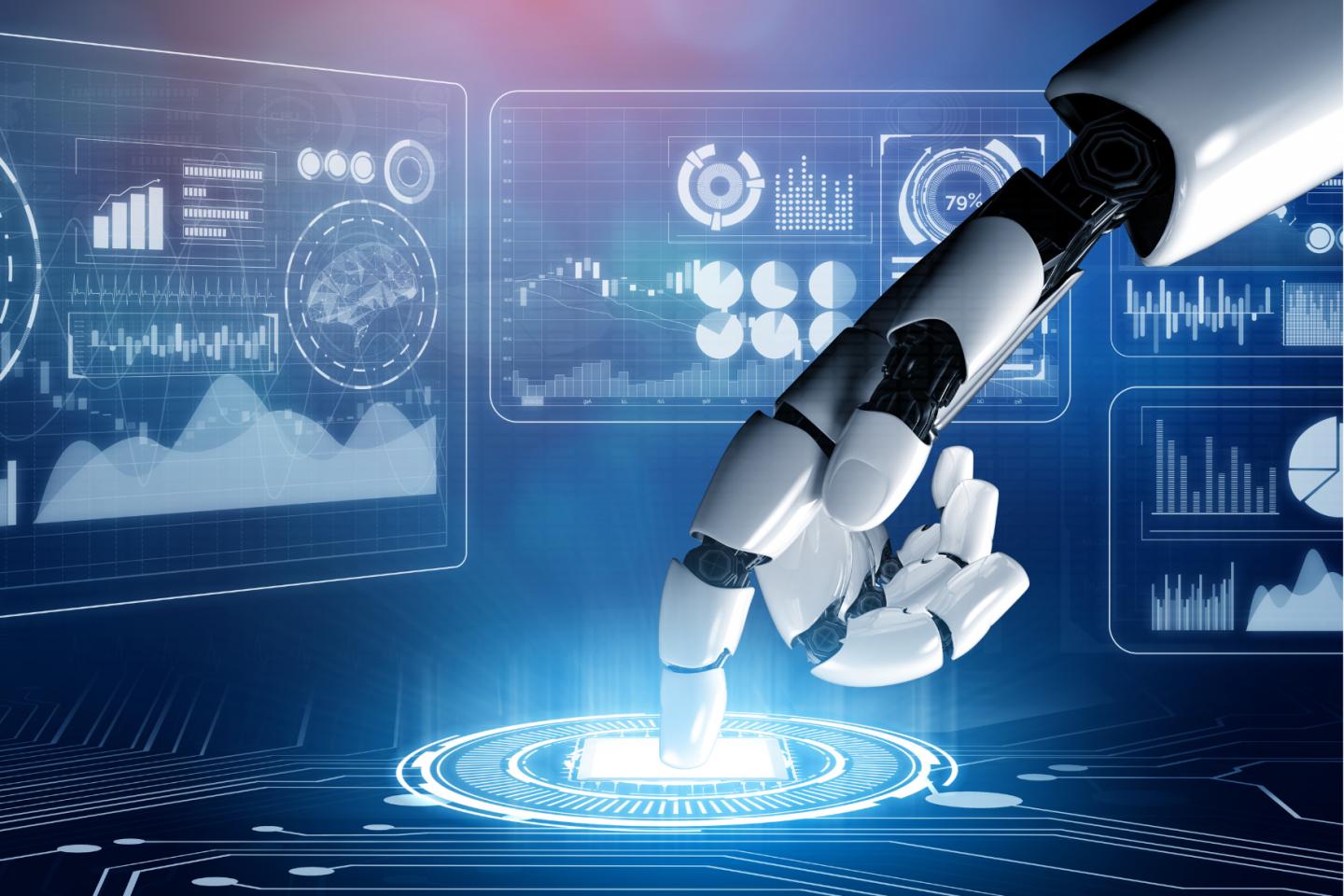
AI’s Growing Influence: Implications for Society and the FutureAI’s Growing Influence: Implications for Society and the Future Artificial Intelligence (AI), once relegated to the realm of science fiction, has rapidly ascended to become an influential force shaping various aspects of modern society. This exponential growth poses both profound opportunities and significant challenges that demand careful consideration. Opportunities for Economic Growth and Efficiency: AI’s ability to automate tasks, analyze large amounts of data, and make informed decisions has the potential to streamline business operations, enhance productivity, and drive economic growth. By automating routine tasks, AI can free up human workers to focus on more complex and creative endeavors. Additionally, AI-powered systems can help businesses optimize decision-making, reducing costs and improving profitability. Advancements in Healthcare and Medical Research: AI has revolutionized the field of healthcare by aiding in diagnosing diseases, developing personalized treatment plans, and discovering new drugs. AI algorithms can analyze vast medical data to identify patterns and predict risks, enabling early detection and proactive interventions. Furthermore, AI-driven systems can assist in medical research by analyzing large datasets and identifying promising areas for further investigation. Challenges for the Workforce and Social Inequality: While AI offers numerous benefits, it also raises concerns about its impact on the workforce. As AI systems become more sophisticated, they have the potential to replace human workers in certain roles, leading to job displacement and economic uncertainty. Additionally, AI’s use in hiring and promotion processes may introduce biases and perpetuate existing inequalities if not implemented responsibly. Ethical and Legal Considerations: The rapid advancement of AI raises ethical and legal questions that need to be addressed. AI systems can process sensitive personal data, leading to concerns about privacy, data security, and potential misuse. Moreover, as AI becomes more autonomous, it becomes essential to establish clear guidelines and regulations to govern its use and prevent potential risks. Impact on Human Creativity and Relationships: AI’s ability to generate creative content and simulate human-like interactions raises questions about the future of human creativity and relationships. As AI systems become more capable of creating art, music, and literature, it challenges our understanding of what it means to be human and creative. Furthermore, AI-powered bots and virtual assistants have the potential to transform human relationships by providing companionship, assistance, and even emotional support. Implications for the Future: The implications of AI’s growing influence for society and the future are profound. As AI continues to advance, it will be crucial to navigate the complexities and challenges it presents while harnessing its potential for progress. By fostering ethical, inclusive, and responsible AI development, we can ensure that this transformative technology benefits all members of society and shapes a future that aligns with our values and aspirations.
Posted inNews